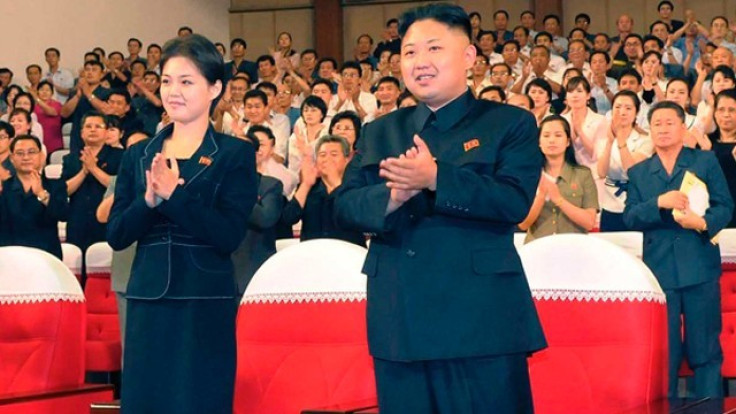Kim Jong-un 'Guilty of Nazi-Style Atrocities'

North Korean dictator Kim Jong-un and his senior security chiefs should face international justicefor ordering systematic torture, starvation and mass killings, according to a UN investigation.
The investigators told Kim in a letter they were advising the UN to refer North Korea to the International Criminal Court (ICC), to ensure any culprits "including possibly yourself" were held accountable for the crimes committed.
Michael Kirby, chairman of the independent Commission of Inquiry, said the crimes catalogued in its report - including murder, torture, rape, abductions, enslavement, starvation and executions - were similar to those committed by Nazis during World War Two.
"Testimony was given in relation to the political prison camps of large numbers of people who were malnourished, who were effectively starved to death and then had to be disposed of in pots, burned and then buried. It was the duty of other prisoners in the camps to dispose of them," Kirby said.
The abuses were mainly perpetrated by officials who ultimately reported to Kim, according to the investigators.
The team recommended targeted UN sanctions against civil officials and military commanders suspected of the worst crimes. It did not reveal any names, but said that it had compiled a database of suspects from evidence and testimony.
Pyongyang has used food as "a means of control over the population" and "deliberate starvation" to punish political and ordinary prisoners, the report continued.
Christians were persecuted while women faced severe discrimination.
The investigators were not able to confirm allegations of "gruesome medical testing of biological and chemical weapons" on disabled people and political prisoners, but said they wanted to investigate further.
According to Julie de Rivero of campaign group Human Rights Watch: "The DPRK (North Korea) has been looked at by the Security Council solely as a nuclear proliferation issue.
"This [report] is putting human rights in the DPRK on the map, which they weren't before, and hopefully will put the spotlight on the UN and international community to respond to not just the security threat," she told Reuters.
North Korea rejected the report, which it called "a product of politicisation of human rights on the part of EU and Japan in alliance with the US hostile policy".
In conjuction with the release of the report, Human Rights Watch released a video, North Korea: Tales from Camp Survivors, with interviews of North Koreans who survived years of abuse in political prison camps (kwanliso), including systematic use of beatings, food deprivation and starvation, and public executions.
"This shocking report should open the eyes of the UN Security Council to the atrocities that plague the people of North Korea and threaten stability in the region," said Kenneth Roth, executive director at Human Rights Watch.
"By focusing only on the nuclear threat in North Korea, the Security Council is overlooking the crimes of North Korean leaders who have overseen a brutal system of gulags, public executions, disappearances, and mass starvation."
Chinese officials rebutted the charge.
According to the 2014 Transformation Index (BTI) compiled by the German think tank Bertelsmann Stiftung, North Korea "has resorted to exemplary violence, and significant strengthening of internal security organizations and the penal system. Today is one of the poorest, least developed and most isolated countries in the world".
© Copyright IBTimes 2024. All rights reserved.






